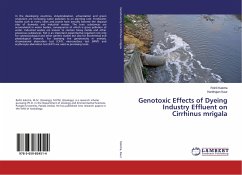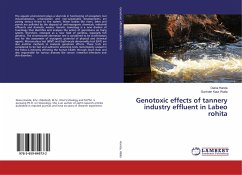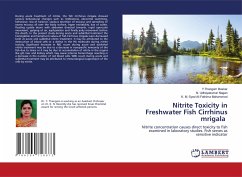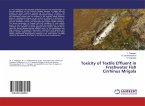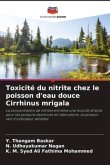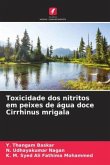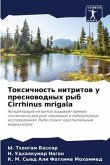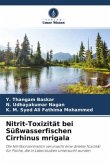In the developing countries, industrialization, urbanization and green revolution are increasing water pollution to an alarming rate. Freshwater bodies such as rivers, lakes and ponds have actually become the disposal sites of domestic and industrial wastes. The toxic substances are accumulated in water bodies, consequence of which is gross pollution of water. Industrial wastes are known to contain heavy metals and other poisonous substances. Fish is an important experimental organism not only for cytotoxicological and other genetic studies but also for biochemical and physiological research. For assessing the genotoxicity in animals, chromosomal aberration test (CAT), micronucleus test (MNT) and erythrocyte aberration test (EAT) are used as promising tools.

